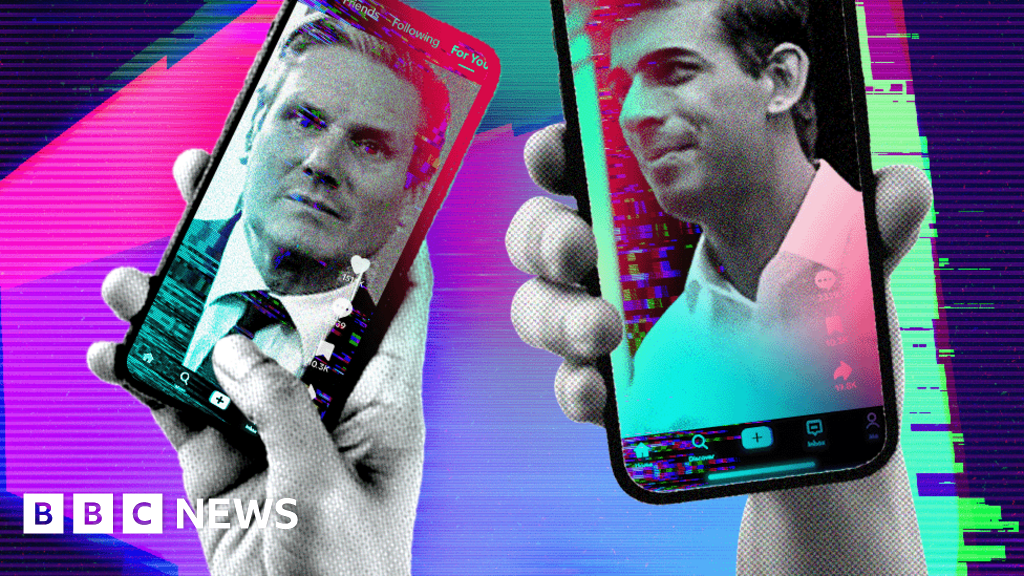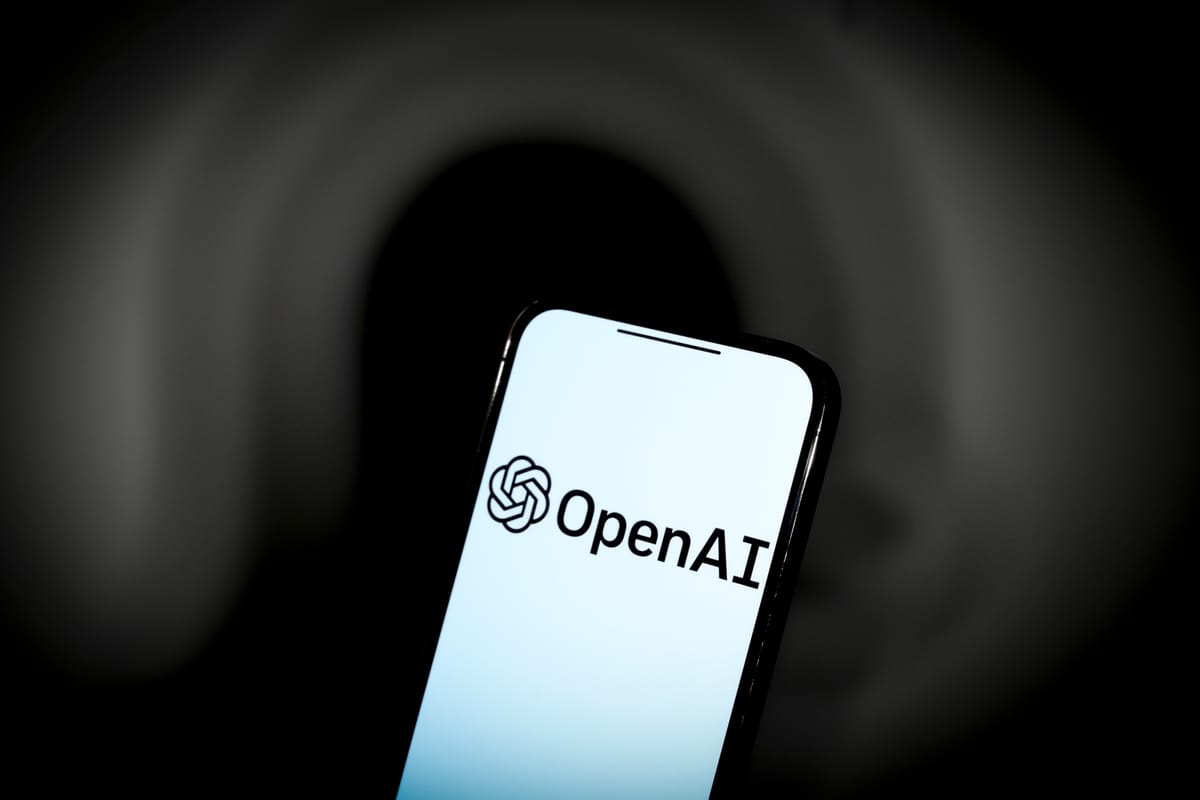This week's best things
Google zero, TikTok misinformation, audience experiments, whistleblowers, reconnection, the death of news media, a warning against oversharing, 1,000 best films, and Diesel the donkey.

Google Zero is here — now what?
A really good read (and listen) from Nilay Patel about the direction that things may be heading in thanks to many of the recent changes Google have announced.
"the entire business of the modern web is built around Google.
It’s a whole ecosystem. Websites get traffic from Google Search, they all get built to work in Google Chrome, and Google dominates the stack of advertising technologies that turn all of it into money. It’s honestly been challenging to explain just how Google operates as a platform, because it’s so large, pervasive, and dominant that it’s almost invisible."
Patel coins the term 'Google Zero' - a scenario in which Google stops sending traffic to any websites that sit outside the Google ecosystem.
"Regular Decoder listeners have heard me talk a lot about Google Zero in the last year or two. I asked Google CEO Sundar Pichai about it directly earlier this month. I’ve also asked big media executives, like The New York Times’ Meredith Kopit Levien and Fandom’s Perkins Miller, how it would affect them. Nobody has given me a good answer — and it seems like the media industry still thinks it can deal with it when the time comes. But for a lot of small businesses. Google Zero is now. It’s here, it’s happening, and it can feel insurmountable."
/cdn.vox-cdn.com/uploads/chorus_asset/file/24016888/STK093_Google_01.jpg)
TikTok users being fed misleading election news, BBC finds
A depressing (and inevitable) set of findings from the BBC.
"a BBC project to investigate the content promoted by social media algorithms has found - alongside funny montages - young people on TikTok are being exposed to misleading and divisive content. It is being shared by everyone from students and political activists to comedians and anonymous bot-like accounts."

Experiments with audience experience at Edinburgh International Festival
My latest Digital Works Podcast chat is with Kate Carter, Director of Audiences at Edinburgh International Festival.
Kate told me about the experiments that she and her team have been undertaking with the audience experience at EIF, particularly around classical concerts.

What aren’t the OpenAI whistleblowers saying?
This piece in Platformer is ostensibly about the OpenAI employees who recently published an open letter saying they were restricted from sharing details about the concerns that led them to quit because of restrictive confidentiality agreements.
It provides quite a good summary of where we currently are with concerns around AI and links to a number of useful and interesting things that are worth a read.
Although it's slightly worrying to see someone like Casey Newton seemingly downplaying the concerns of folks who are worried about AI because the worst of those concerns have yet to come to pass, "there’s no doubt that the AI safety argument has begun to feel a bit tedious over the past year, when the harms caused by large language models have been funnier than they have been terrifying".

Come on, feel the noise: how I unplugged my headphones and reconnected with the world
"Until about a month ago, the thought of leaving my flat without my headphones connected to my smartphone filled me with anxiety. Any length of time, whether a two-minute walk to the shop or a two-hour commute, with nothing but my own thoughts and the racket of the city to listen to, was enough to send me into a mild frenzy.
This borderline compulsive relationship with my headphones wasn’t something I was even aware of until earlier this year, when my friend, the environmental sound artist Lance Laoyan, noted how headphones not only disconnect us from the reality of noise pollution, but also keep us distracted under the guise of helping us to focus."

If Google Kills News Media, Who Will Feed the AI Beast?
Another angle on the recent changes that Google (and others) have announced which will bring more and more AI-driven functionality to the tools, products, and websites that most of us use every day.
"In White’s tongue-in-cheek telling, people become so obsessed with efficiency that they start to demand shorter and shorter summaries of everything, until eventually they boil down entire books to single strings of letters. Thus comes the day when the word Irtnog is announced to the public, which supposedly encapsulates all human knowledge.
Fast-forward to today, and we’re on the cusp of a similar phenomenon with the new wave of AI summarization tools being launched by OpenAI, Google, and Facebook. These tools, though impressive in their ability to distill information, are just a few steps away from creating an “Irtnog”-like reality, where the richness of human knowledge and depth of understanding are reduced to bite-size, and sometimes dangerously inaccurate, summaries for our little brains to consume on our tiny devices."

A cybersecurity expert warns against oversharing to AI chatbots
My colleague Katie and I have discussed the importance of AI policies and guidelines, or at least principles, for a while now.
It's only a matter of time before AI tools are the cause of some sort of scandal or embarrassment.
This article in Business Insider hears from a cybersecurity expert who uses these tools but has some words of warning about what not to share.
"But problems can come up if I am too specific. The company can use these details to train the next model and someone could ask the new system details about me, and parts of my life become searchable.
The same is true for sharing details about your finances or net worth with these LLMs. While we haven't seen a case where this has happened, personal details being fed into the system, and then revealed in searches would be the worst outcome.
There could already be models where they are able to calculate your net worth based on where you live, what industry you are in, and spare details about your parents and your lifestyle. That's probably enough to calculate your net worth and if you are a viable target or not for scams, for example."
They shoot pictures, don't they
This person has produced a list of "the best 1,000 films" by "combining 16,015 separate best-of and countdown lists".
He has also included a 1,367 page-long accompanying document.
This is the sort of thing the internet was made for!
The Letterboxd version of the list is here.

A Pixar story in the making
"Four years ago a donkey named Diesel went missing in Wyoming. He's now part of an elk community"
Four years ago a donkey named Diesel went missing in Wyoming. He's now part of an elk community pic.twitter.com/6bxaGxBRIK
— Massimo (@Rainmaker1973) June 12, 2024




